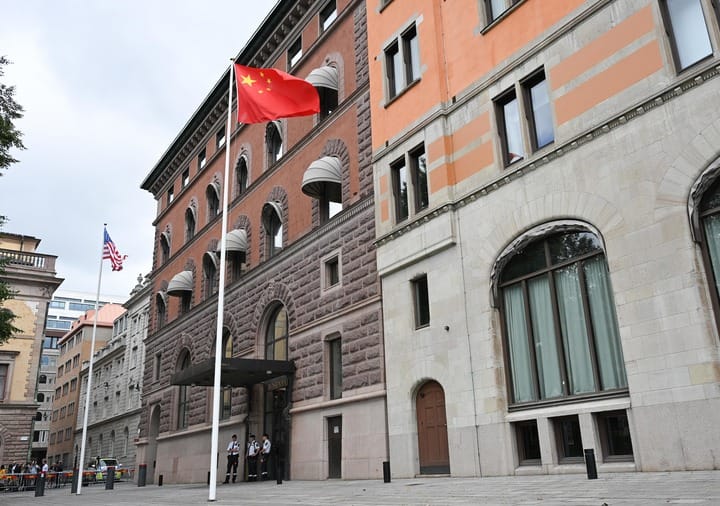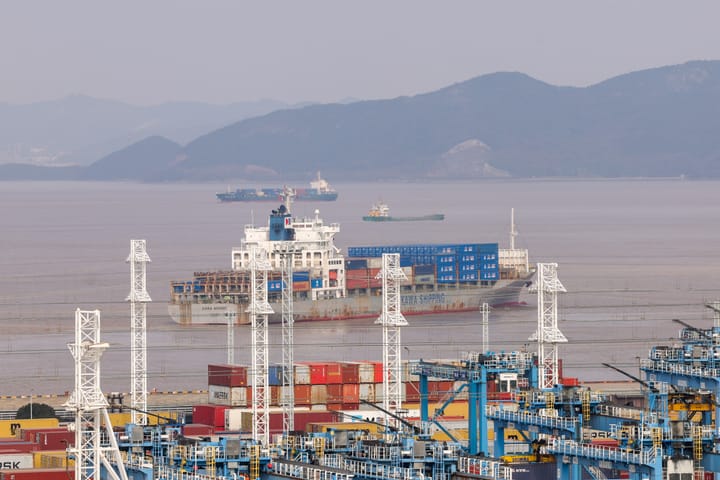American Influencer: I Faced a Dilemma as a Businessman During the U.S.-China Tariff War

Source: WeChat Official Account "Dixian Siwei", an editorial column of Guancha.cn
The China-U.S. high-level meeting on economic and trade affairs achieved substantial progress by significantly reducing bilateral tariff levels. However, the existential dilemma facing countless small and medium-sized enterprises (SME) owners remains stark. Take the case of "TikTok refugee" Shane Murlin, an Oregon-based entrepreneur and influencer on Rednote, China’s Instagram-like platform. Beyond his online fame as a rural lifestyle content creator, Murlin runs a party rental business severely impacted by the trade war.
Early in May, Murlin once mentioned in his video that he felt the tension brought by the U.S.-China tariff war, and he was grateful to have met so many warm and kind-hearted followers from China online, hoping that people can all be good neighbors in this "global village".

Recently, Chinese media outlet Guancha.cn conducted an interview with Murlin. Below are compiled excerpts from the conversation by Beijing Review Dossier. Join us as we follow Murlin to hear the voices of real market players in the U.S. amid the aftershocks of tariff policies.


